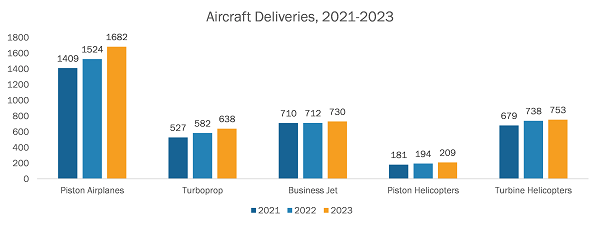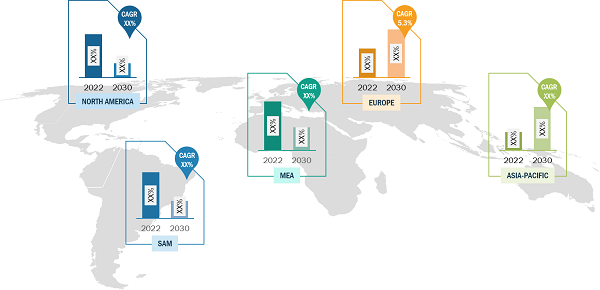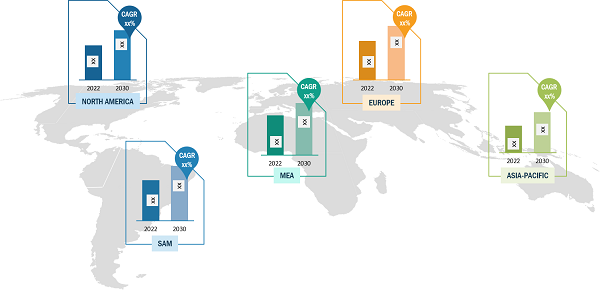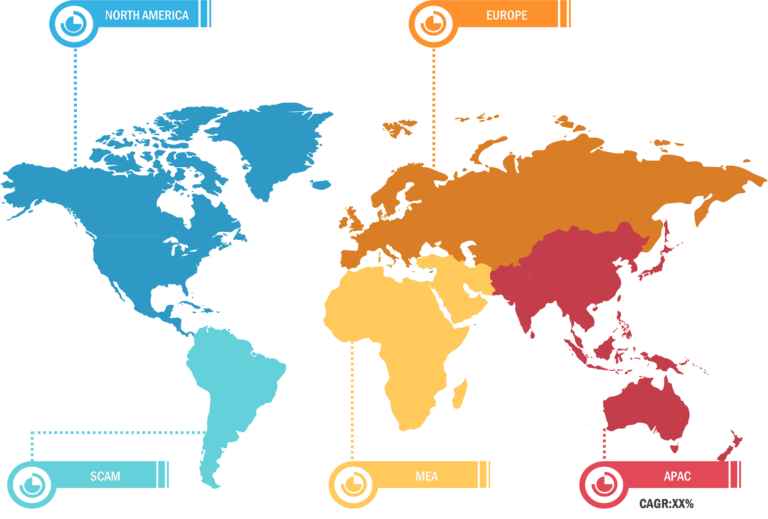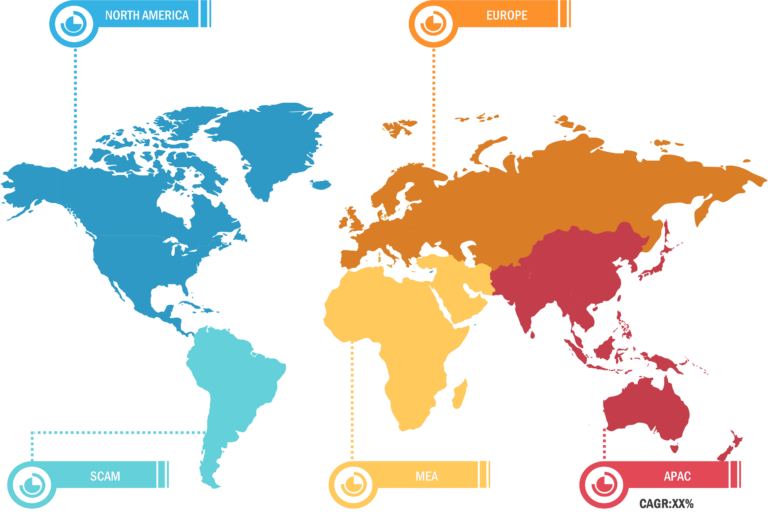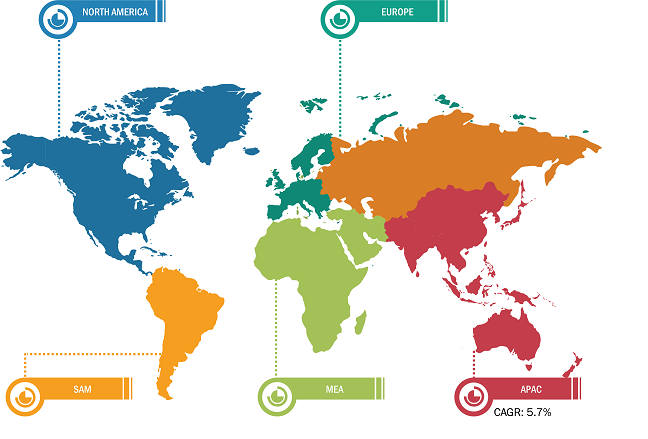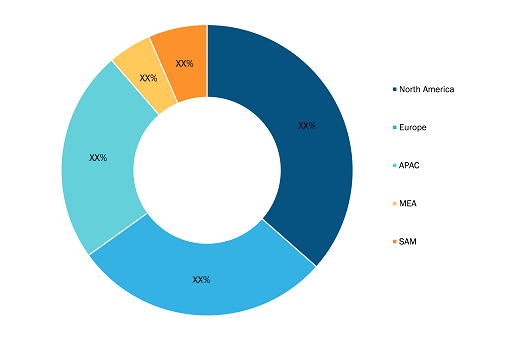
Air Defense Radar Market
Network-centric warfare relies on the rapid sharing, fusion, and analysis of data gathered from multiple sources. Air defense radar systems generate essential data for fusion and correlation by using inputs from other sensors and intelligence sources. This facilitates the development of a comprehensive and accurate air picture, enabling more precise threat assessments and target engagements. Thus, network-centric warfare and modern warfare concepts emphasize enhanced situational awareness, integrated defense systems, rapid data sharing, improved target engagement, electronic warfare capabilities, and adaptability to evolving threats. Thus, the growing adoption of network-centric and modern warfare is further driving the air defense radar market in advanced radar technologies to support effective air defense in modern operational environments.
Jamming and spoofing techniques can degrade the situational awareness enabled by air defense radar systems. By interfering with radar signals or providing false information, these techniques can mislead operators and decision-makers, leading to inaccurate assessments of threats. Reduced situational awareness hampers the ability to effectively respond to airborne threats and can jeopardize overall mission success. Radar system manufacturers and operators continuously engage in developing countermeasures to mitigate the impact of jamming and spoofing techniques. These countermeasures may involve advanced signal processing algorithms, adaptive waveform generation, or the integration of complementary sensor systems. However, as countermeasures evolve, adversaries may develop more sophisticated jamming and spoofing techniques, necessitating ongoing investments in research and development. Mitigating the impact of jamming and spoofing techniques often requires the integration of additional technologies and systems into radar architectures. This can increase the cost and complexity of air defense radar systems, making their procurement and maintenance more challenging. Moreover, end users need to invest in robust countermeasure capabilities, training, and regular system updates to stay ahead of evolving jamming and spoofing techniques. This is boosting the end user segment in the air defense radar market.

Stealth technologies such as radar-absorbent materials, shaping techniques, and signature management focus on minimizing the radar cross section (RCS) of an aircraft or platform, making it more difficult for radar systems to detect and track them, especially at long distances. Stealth technologies continue to evolve, with advancements being made to reduce the RCS and improve the effectiveness of stealth platforms. In February 2023, the Indian Institute of Technology (IIT), Mandi, announced the development of a material that can reduce the visibility of stealth vehicles and covert establishments to radar. Further, in July 2023, Israel’s the Ministry of Defense announced the purchase of a third squadron of F-35 stealth fighter jets worth US$ 3 billion. The reduction in RCS limits the effective range and accuracy of traditional radar systems, which rely on detecting and reflecting radar signals off the target. Thus, the threat of jamming and spoofing hampers the growth of the air defense radar market.
The growing military budget is stimulating the procurement of various defense systems. According to the World Directory of Modern Military Aircraft (WDMMA) and Global Fire Power Index (FPI), North America currently holds 466 fleets, including frigates, corvettes, destroyers, aircraft carriers, and submarines. Apart from these, in 2023, the region secured 72 fleets for future procurement.
Air Defense Radar Market: Competitive Landscape and Key Developments
Thales Group, Raytheon, Northrop Grumman, Israel Aerospace Industries, Saab, Bharat Electronics Limited, L3Harris Technologies, HENSOLDT, and NEC Corporation are among the key air defense radar market players profiled during this study. In addition, several other important air defense radar market players were studied and analyzed during this market study to get a holistic view of the air defense radar market and its ecosystem.
- In July 2022, Leonardo UK and Mitsubishi Electric agreed to collaborate on a radar technology demonstrator concept that informed joint development efforts between the U.K. and Japan.
- In July 2022, Leonardo’s Kronos Grand Mobile High Power (GM HP) radar was chosen by the Greek Air Force as the integrated air and missile defense system to be used at the NATO Missile Fire Installation (NAMFI),.

